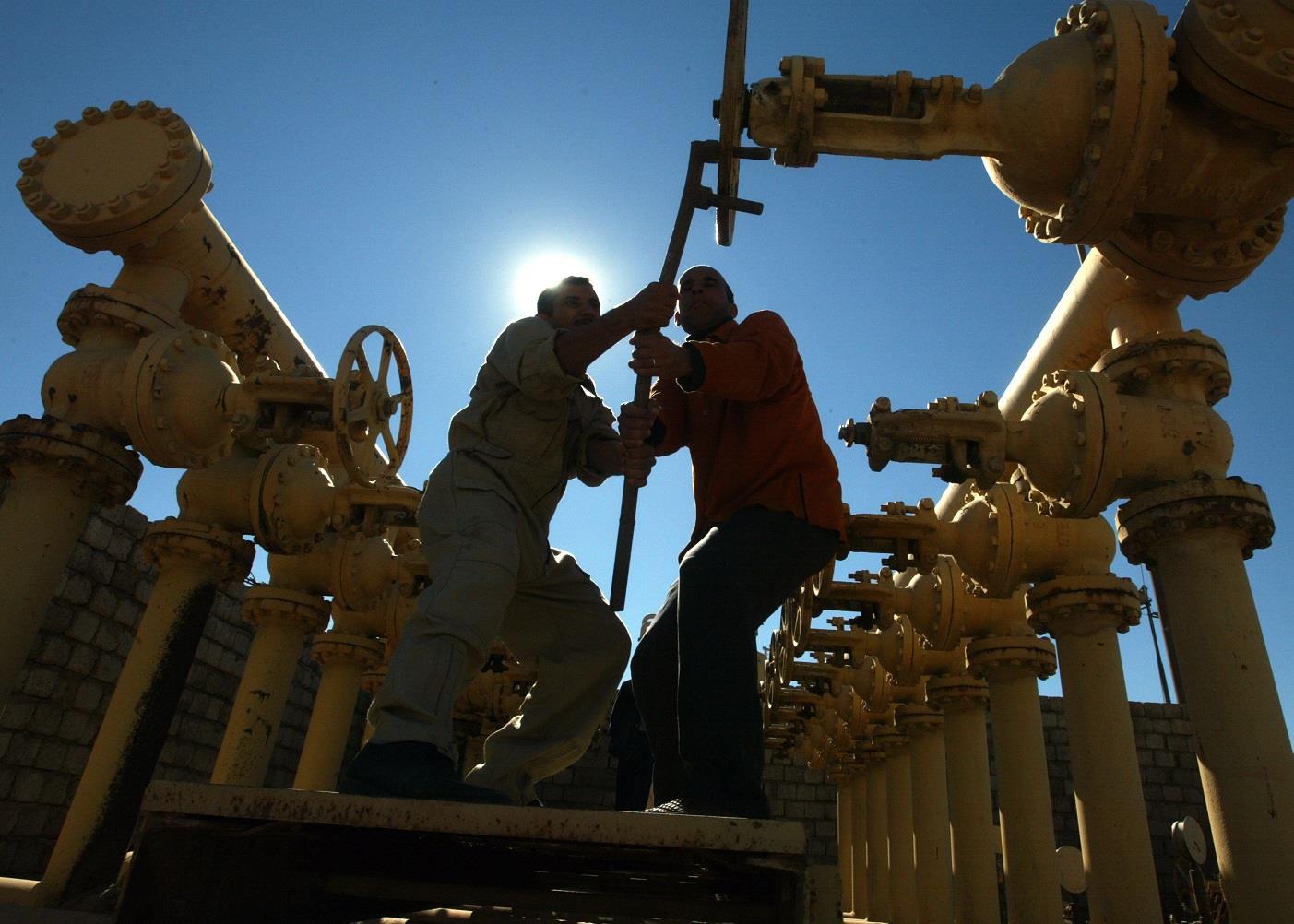
Kuwait and Qatar have the opportunity to take the lead on the regional railway scheme
The suspension of the tender for the second phase of Etihad Rail may have been expected, but it was still a major setback for the confidence of the regions rail sector.
Etihad Rails announcement couldnt have come at a worse time. The award for four packages of the Mecca Metro has been delayed. So is the award for the first segment of Omans national railway project.
One contractor that submitted a bid for phase 2 of Etihad Rail tells MEED that the suspension of the tender is bad not just for his company but for the entire regions rail sector as well as it was expected to be the first segment of the planned GCC Rail network to be procured and completed. The first completed phase of Etihad Rail transports sulphur from the Shah Gas field to Ruwais, in 2014.
The suspended procurement process for Etihad Rail phase 2 faced many hurdles primarily related to finance. Unlike phase 1 where the financing was structured around a single offtaker, which happens to be the Abu Dhabi National Oil Company (Adnoc), phase 2 has many, smaller offtakers that mainly comprise logistics and construction materials companies. Such increased risk made phase 2 significantly less attractive to lenders compared to the first phase.
Some say the suspension of the Etihad Rails second phase, for which the original design included a link to Al-Ain, will prompt Oman to reconsider the implementation of its mainline rail project. There could be a change of priorities as the focus shifts to the Sohar-Muscat line, originally classified as segment 5A, over segment 1 which is to run from Sohar to Buraimi. Oman Rail has yet to release any statement on the impact of the Etihad Rail phase 2 suspension on its implementation plan.
The latest firm update from Oman is that it is still negotiating with international and local banks to finance segment 1, and in the meantime has requested the shortlisted bidders to extend the validity of their financial offers for another six months.
In Saudi Arabia, the Saudi Rail Company (SAR) has not commented on the current status of the Saudi spur of the GCC Rail network, which has been under design.
This leaves the Kuwait national railroad (KNRR) scheme as potentially a significant source of opportunity for mainline rail contractors in 2016, apart from Qatar Rails long-distance rail project, for which a tender is expected to be floated soon. On 31 January, MEED was told that the KNRR is on course to begin prequalification within the first quarter of 2016.
The KNRR still has to overcome major challenges. First, Kuwait has to overcome the bureaucratic inertia that has prevented many other mega projects from proceeding over the past decade, and second, the railway will be developed on a public-private partnership (PPP) basis, which is a relatively untested model when it comes to delivering large scale infrastructure projects in the region.
As things stand today, the overall prognosis for the regions rail sector in 2016 is far from positive and the recent setbacks make Kuwait and Qatars progress on their mainline rail projects all the more important for the regions rail sector.
You might also like...

Aramco awards key offshore trunkline contract
16 May 2024
A MEED Subscription...
Subscribe or upgrade your current MEED.com package to support your strategic planning with the MENA region’s best source of business information. Proceed to our online shop below to find out more about the features in each package.









